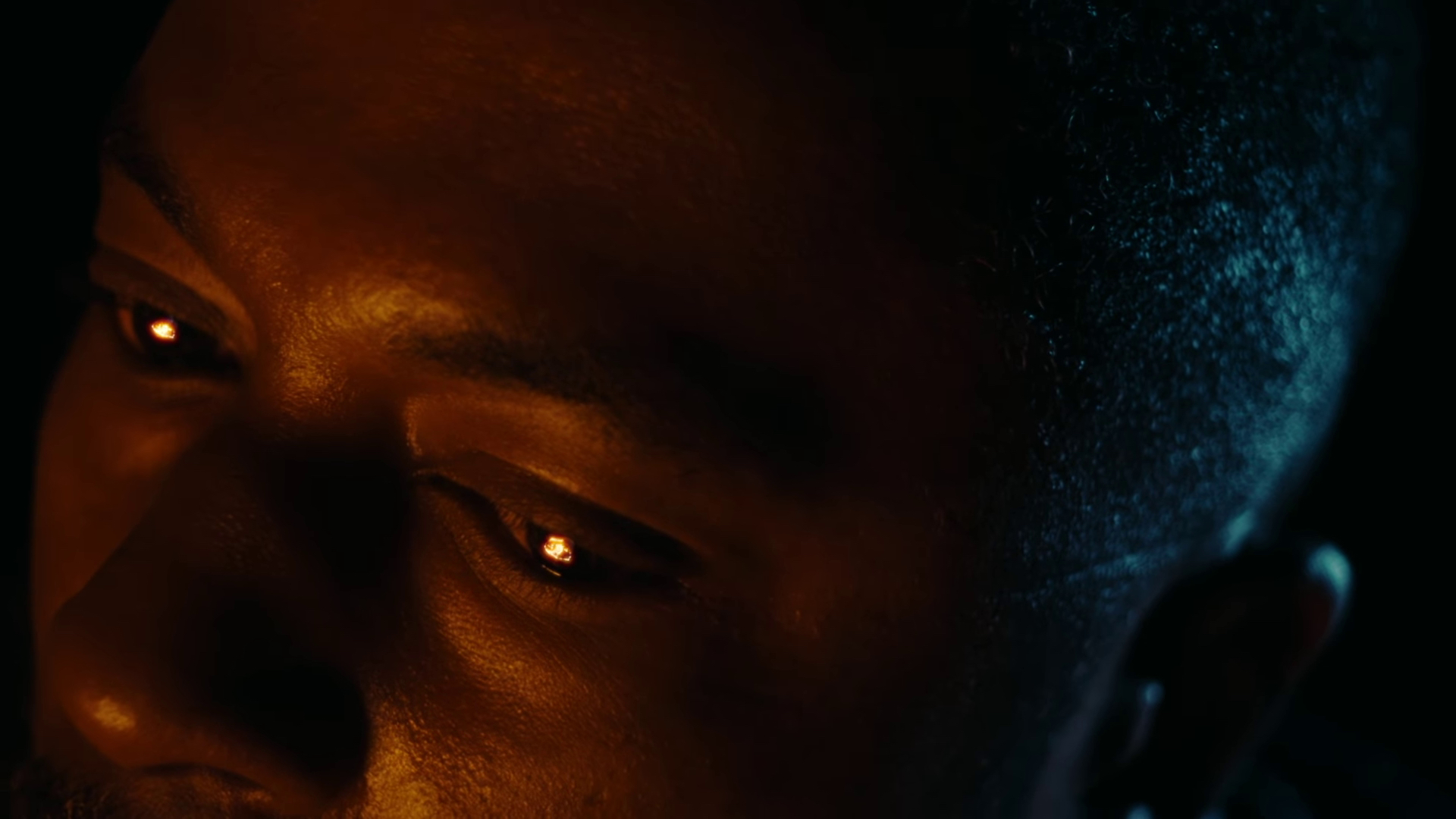Attraverso le testimonianze dei giovani attivisti e dei lavoratori dei campi del Sud Italia - che hanno costruito e vissuto in prima linea il percorso politico di Aboubakar Soumahoro dalle sue prime lotte da sindacalista fino all’elezione in Parlamento - ripercorriamo - in una sorta di autoanalisi collettiva e di meta-racconto - il desiderio profondo di rappresentanza - degli “invisibili”. Dalla speranza attiva per l’ascesa di un deputato afrodiscendente capace di portare le istanze degli ultimi fino alla terribile gogna mediatica vissuta dal loro stesso rappresentante e gli effetti della sua vertiginosa caduta, ci interroghiamo - attraverso testimonianze emozionali, archivi personali e pubblici - sulla stato di salute di chi da “rappresentato” si è ritrovato “orfano” di un portavoce.
Un inno all’impegno politico che cerca nella speranza dei marginalizzati - al di là di ogni simbolo - una risposta alle esigenze reali. Dalla richiesta dei diritti più elementari - lavoro, saluto, cittadinanza - fino al diritto, imprescindibile, alla felicità.
Il progetto filmico Anatomia di un sogno parte dal desiderio di ridare dignità al sentimento di speranza. Di redimerlo dall’allure di naïveté che si pensa gli sia congenito e di raccontarlo nella sua complessità - così umana. Il sentimento di cui parlo è quello che ho incontrato tra gli attivisti che hanno costruito il percorso di leadership di Aboubakar Soumahoro. Un sentimento coltivato, esaltato, canalizzato e infine distrutto. Forse tradito o solo dissipato. Una candidatura quella di Aboubakar Soumahoro “radicalmente rivoluzionaria”: un uomo nero, afrodiscendente, che dal lavoro nei campi come raccoglitore è divenuto, grazie ad un percorso brillante tra studio e impegno, punto di riferimento di un attivismo sociale e politico massimalista.
Nei primi incontri delle agorà popolari di Soumahoro e successivamente durante l’intera campagna elettorale, quella che ho potuto incontrare attorno a lui è un’Italia che desidera credere in una società inclusiva, altruista, solidale, egualitaria. Cosa è accaduto alla sua figura politica - metaforicamente uccisa - non è solo un danno per la sua persona, ma un danno per un’intera parte di società che in lui ha creduto. E in questa dinamica il documentario può essere una necessaria contronarrazione, ma anche strumento di una semplice domanda: “ che cosa resta della speranza degli ultimi?”
